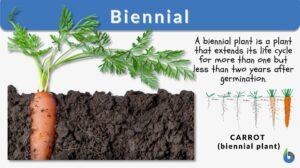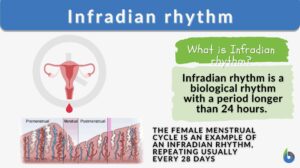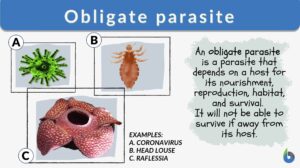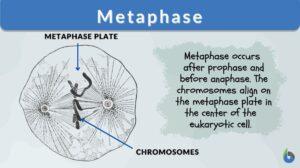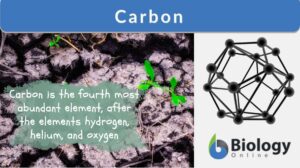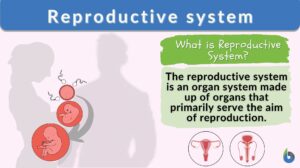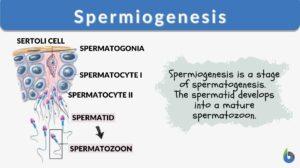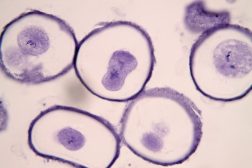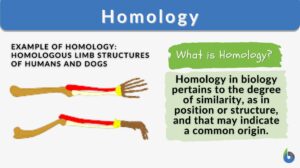Search Results for: cycles/second
Infradian rhythm
What is the Infradian Rhythm? An infradian rhythm is a type of biological rhythm that lasts longer than 24 hours, with a... Read More
Human Reproduction
Terminology and Concepts Primary reproductive organs are called gonads - testes in the male and ovaries in the female.... Read More
Parthenogenesis
To reproduce, by definition, means to produce new offspring. The process is referred to as reproduction, which is one of the... Read More
Obligate parasite
Parasitism is a form of symbiosis that occurs between a parasite and its host. The parasite is the organism that generally... Read More
Global Carbon Cycling on a Heterogeneous Seafloor
Carbon, nitrogen and oxygen are the fundamental elements of life on Earth. Global carbon varies in amount and its... Read More
Carbon fixation
Carbon Fixation Definition We know that the earth contains many elements. The periodic table shows us just how many... Read More
Photosynthesis
Photosynthesis is a physio-chemical process carried out by photo-auto-lithotrophs by converting light energy into chemical... Read More
Homeostatic Mechanisms and Cellular Communication
Homeostasis is the relatively stable conditions of the internal environment that result from compensatory regulatory... Read More
Reproductive system
What is the Reproductive System? The reproductive system of an organism is the biological system made up of all the... Read More
Spermiogenesis
Spermiogenesis Definition Spermiogenesis is the stage of spermatogenesis wherein the spermatids differentiate into mature... Read More
Angiosperm
Angiosperms Definition What is an angiosperm? An angiosperm is a plant that produces flowers. The angiosperms, also... Read More
Meiosis – The Genetics of Reproduction
The genetic information found in DNA is essential in creating all the characteristics of an organism. This remains the case... Read More
Genetic Information and Protein Synthesis
Genetic Code Genes are sequences of DNA nucleotides that carry and transmit the information specifying amino acid sequences... Read More
Metabolism
Metabolism Definition What is metabolism in the body? Metabolism encompasses the various biochemical processes, reactions,... Read More
Photosynthesis – Photolysis and Carbon Fixation
Photosynthesis is the means that primary producers (mostly plants) can obtain energy via light energy. The energy gained... Read More
